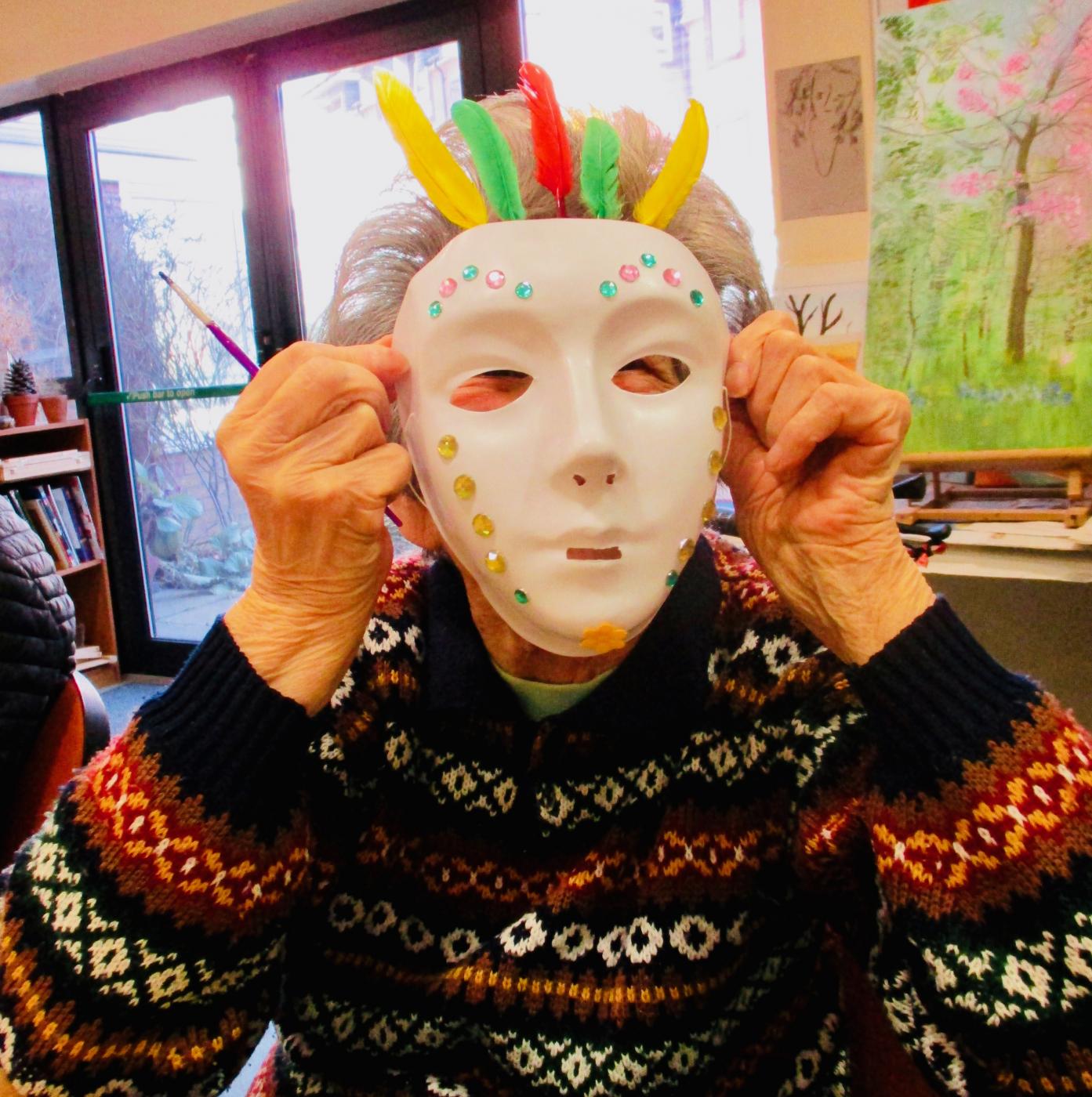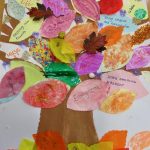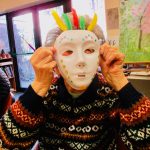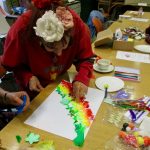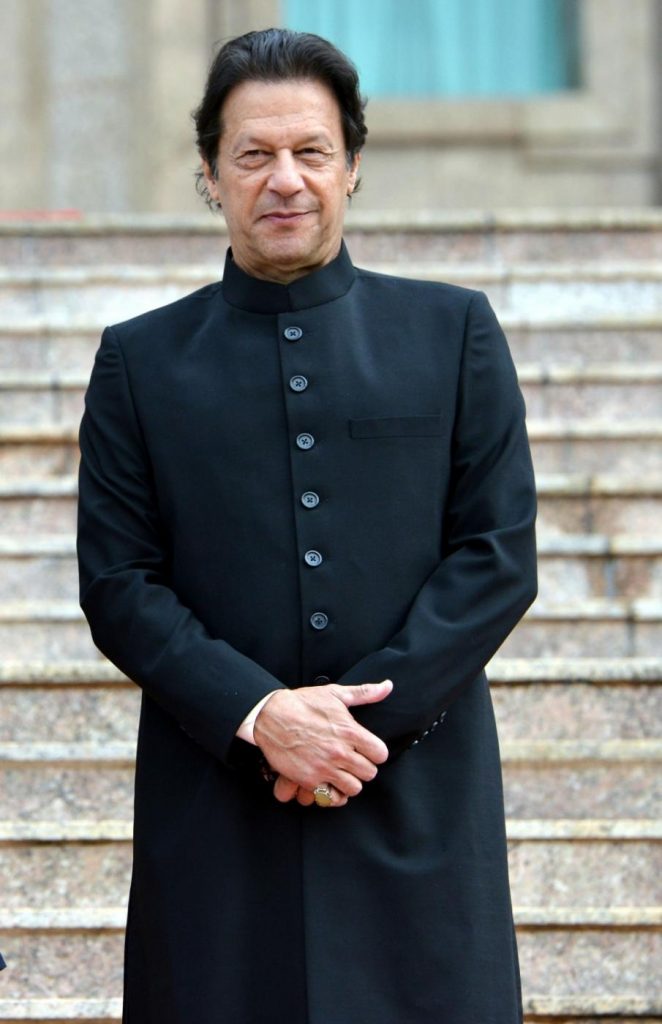“The arts are a critical component of healthcare. Expressive art is a tool to explore, develop and practice creativity as a means to wellness.” Well Arts Association, USA.
In recent years, there has been great awareness and interest in the positive role of creative activities in the lives of people with dementia. One such creative activity is visual arts which includes drawing, painting, sculpting and collage-making. When people with dementia participated in such activities their confidence, mood and enjoyment increased to a significant degree….writes Dr Geetha Upadhyaya
 Emily Shoesmith, a PhD student at the Centre for Dementia Research, Leeds Beckett University is involved in an interesting research studying the feasibility and impact of visual art sessions for people living with dementia. Some of the important aspects of this project are shared with the readers.
Emily Shoesmith, a PhD student at the Centre for Dementia Research, Leeds Beckett University is involved in an interesting research studying the feasibility and impact of visual art sessions for people living with dementia. Some of the important aspects of this project are shared with the readers.
In recent years, there has been great awareness and interest in the positive role of creative activities in the lives of people with dementia. One such creative activity is visual arts which includes drawing, painting, sculpting and collage-making. When people with dementia participated in such activities their confidence, mood and enjoyment increased to a significant degree.
Emily strongly felt “creating pieces of art with people with dementia can be helpful in enabling them to gain an understanding as to how the person is feeling, it can give an outlet them an outlet that they may not otherwise have”.
Over a period of six weeks, day care centre attendees and residents of a care home took part in weekly, one-hour visual art sessions. The programme developed by Emily, was based on the evidences she had collected about what works well and that which is most likely to benefit people with dementia.
 With the help of dedicated and trained facilitators, people with dementia explored visual arts in an enjoyable and failure-free way. Emily found that people enjoyed being ‘in the moment’, being free, creative and building friendships. When one of the participants were asked what made them attend the reason sessions, the response was, “When I’m here, I don’t feel like I’m in adulthood, but my second childhood”.
With the help of dedicated and trained facilitators, people with dementia explored visual arts in an enjoyable and failure-free way. Emily found that people enjoyed being ‘in the moment’, being free, creative and building friendships. When one of the participants were asked what made them attend the reason sessions, the response was, “When I’m here, I don’t feel like I’m in adulthood, but my second childhood”.
Emily says, “There is a real potential to provide more visual art activities for people with dementia in a range of settings, and this programme has been a great start to identifying things that work well and can be easily delivered by staff working in care settings”.
The sessions received very positive feedback, with group members asking for the programme to continue. Hopefully, the benefits of visual arts will be actively promoted and shared so that care providers can adopt similar projects for those who wish to attend.
You can find out more about the work of the Leeds Beckett University Centre for Dementia Research on their website: https://www.leedsbeckett.ac.uk/school-of-health-and-community-studies/research/centre-for-dementia-research/
If you need help, advice or information about dementia, you can contact the Admiral Nursing helpline on: 0800 888 6678 or send an email to helpline@dementiauk.org
If you are interested in taking part in local arts-based activities that are supportive of people with dementia or memory problems, you can contact: Arts 4 Dementia on 020 7520 1492 or Creative Dementia Arts Network on 07801 509993
((Prof. Geetha Upadhyaya, OBE, M.B.B.S., M.D., Ph.D., D.Lett, will write about arts and culture besides health-related articles for Asian Lite)
(

